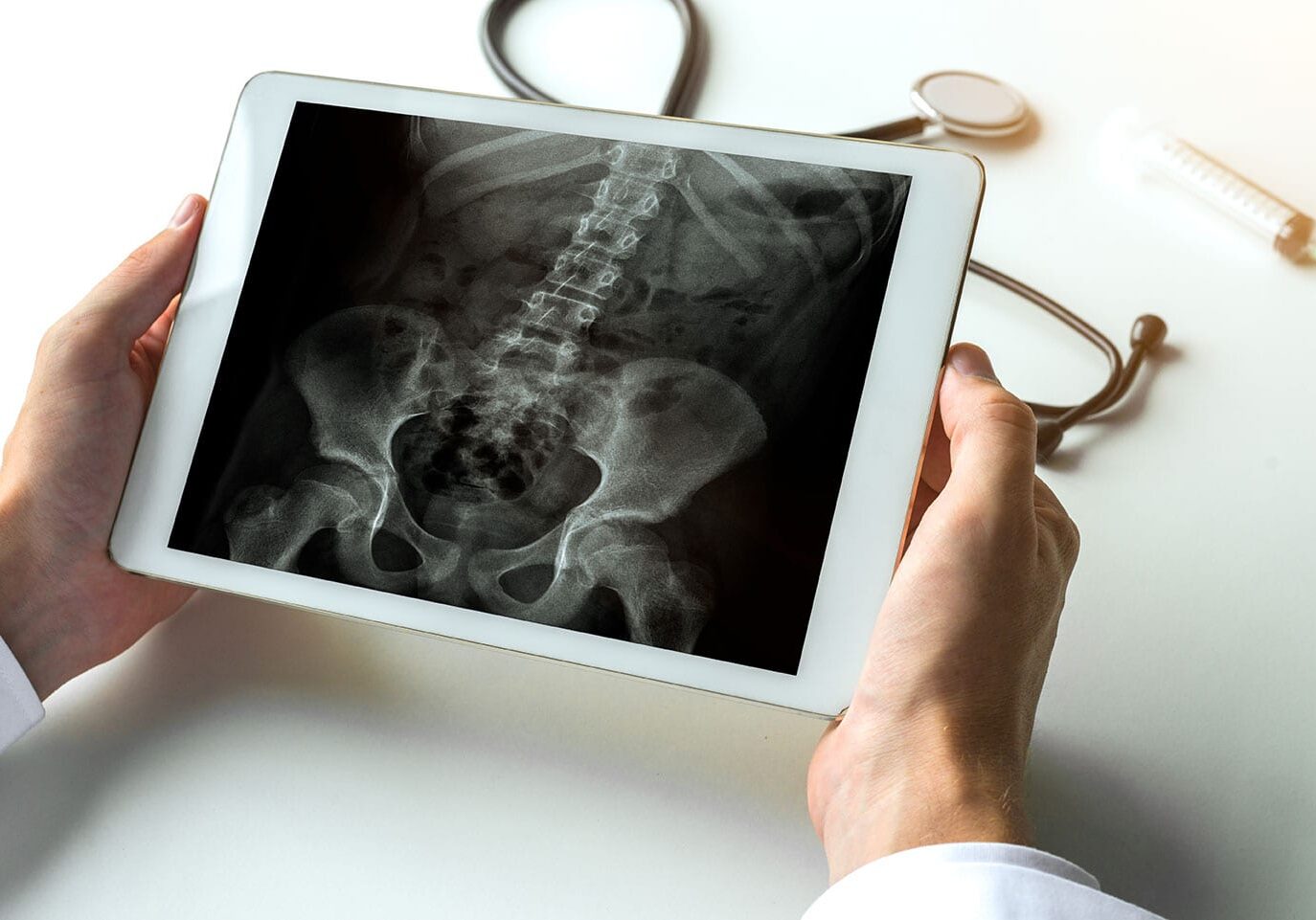Professor Jacqueline Close, Dr. Irewin Tabu and Dato’ Dr. Joon-Kiong Lee
The Fragility Fracture Network (FFN) is a global organisation which was founded in order to create a multidisciplinary network of experts for improving treatment and secondary prevention of fragility fractures. FFN is one of the seven founding member organisations of the Asia Pacific Fragility Fracture Alliance (APFFA). FFN and APFFA share the view that there is an urgent need to improve acute fracture care, rehabilitation and secondary fracture prevention for people who sustain fractures as a result of minimal trauma. The projected dramatic shifts in the demography of populations living in Asia Pacific, without systematic interventions, will result in a surge in fracture incidence among older people. Accordingly, it is critical that during the 2020s, major efforts are made to educate healthcare professionals across this vast region on best practice in multidisciplinary care.
In November 2018, FFN held its first Asia Pacific Regional Expert Meeting (REM) in Tokyo, Japan. The meeting was attended by 129 healthcare professionals from 16 countries and regions in Asia Pacific. As with all FFN events, the audience was inherently multidisciplinary, including 41% orthopaedic surgeons, 31% non-surgical MDs, 15% nursing and allied health care professionals. The agenda was structured according to the so-called three “clinical pillars” of the Global Call to Action on Fragility Fractures – acute fracture care, rehabilitation and secondary fracture prevention – and the fourth pillar which relates to assembly of multidisciplinary national alliances to advocate policy change that supports pillars I – III.
Prior to the Tokyo meeting, national FFNs had been established in China, India and Japan. The process of planning the meeting itself stimulated the formation of new national FFNs in Korea, Malaysia, Philippines and Thailand. After the meeting, FFN Nepal was established, and discussions are ongoing in several other countries in the region. The purpose of national FFNs is to catalyse formation of multidisciplinary national alliances where all relevant healthcare professional organisations can speak with a unified voice to policymakers.
The 2nd FFN Asia Pacific REM was planned to be held in March 2020 in Kuala Lumpur, hosted by FFN Malaysia. Sadly, the Covid-19 pandemic rendered this face-to-face meeting non-viable. In response to this challenge, FFN members across the region participated in a virtual FFN Asia Pacific “Pocket Meeting” on Saturday, June 27, 2020. Focusing on “Fragility fracture management and the global call to action during the pandemic”, the meeting provided a forum for colleagues to share experiences and challenges in delivering care across the entire patient pathway, from admission to hospital, to provision of long-term management of bone health. A second “Pocket Meeting” will be held on Saturday, August 29, 2020.
In lieu of the REMs planned to be held in 2020 in Malaysia in March, Greece in April and Sao Paolo in June, FFN is working hard to deliver three virtual meetings that will be held on the weekend of October 24-25, 2020 in several time zones around the world. FFN Malaysia will be hosting the 2nd Asia Pacific FFN Virtual REM. How to deliver geriatric competencies in countries with few geriatricians will be a major component. Free papers / posters will be included, and will constitute an internet publication for the authors. Registration will be free.
If you wish to be informed about the programme and would consider participating, please email REMKualaLumpur@ff-network.org, providing the following information:
- Title, given name and family name
- Your discipline, country and where you work
- The relevant scientific associations to which you belong.





